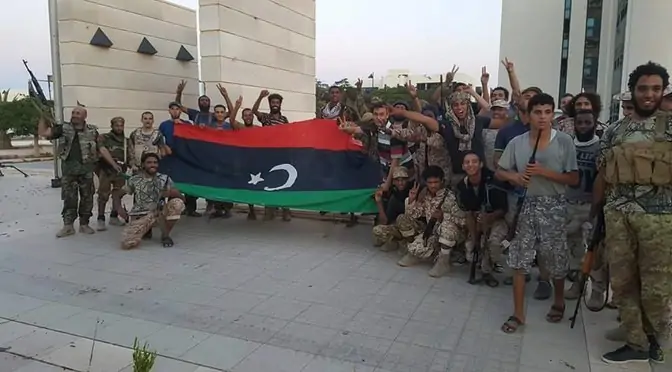This article focuses on the first of the scenarios depicting a Salafist victory, where Al-Qaida (AQ) becomes the dominant force on the battlefield, defeats the other actors, then works towards establishing the caliphate. In our previous scenario we detailed the scenario of a nationalist victory where the new government guides Libya towards a secular and nationalist state where Sharia is not a source of governance. Note: Considering the future names of potential factions that would result from a new split between the unity government, we shall use the label nationalist for those that supported the nationalist-dominated Council of Representatives (COR) and any future anti-Islamist factions; Islamist to note those that supported the General National Congress (GNC) and any future pro-political …
Continue reading “Scenarios for the Future of Libya – Sc 4.1 An Al-Qaida Victory”











